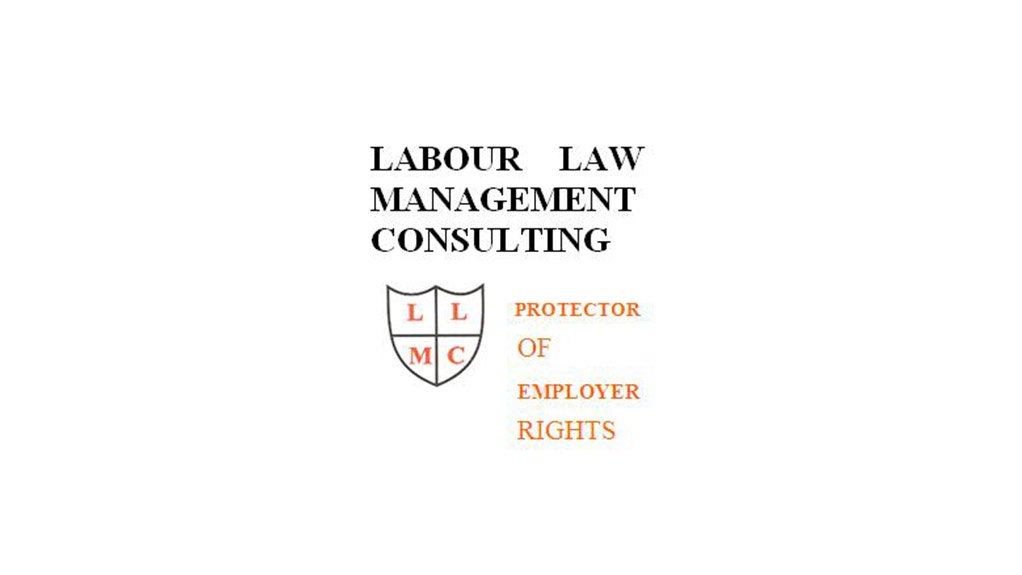In my last article I mentioned that there are many labour law terms that are confusing, unclear and vague. Such terms are often either not defined at all in the statutes or are defined inadequately. This causes confusion and dissent between employers and employees/trade unions on the one hand and disagreement amongst judges and arbitrators on the other hand.
The resulting uncertainty as to what the law means contributes to industrial disputes and to confusion amongst employers as to what their labour law rights and obligations are. Amongst the many legal terms that appear to confuse employers and employees is ‘victimisation’. It is important to look carefully at what this concept means and its significance in the workplace.
VICTIMISATION
Victimisation can be defined as ‘targeted mistreatment carried out for a specific reason’. For example, an employer may overload only one of its employees with work in order to force him or her to resign.
I also mentioned in my previous article that South Africa’s labour legislation avoids dealing directly with the concept of ‘workplace victimisation’. However, the Labour Relations Act (LRA) and Employment Equity Act (EEA) do deal with victimisation in an incomplete and indirect way by legislating on unfair labour practices, unfair dismissals, forced resignations, unfair discrimination and other types of mistreatment.
Surprisingly, labour legislation does not specifically prohibit an employer from shouting at, insulting, assaulting or making unfair threats against an employee. However, the Equality Court does have the power to deal with such employer behaviour if it is discriminatory according to the Promotion of Equality and Prevention of Unfair Discrimination Act (PEPUDA). The Equality Court does not focus specifically on labour issues. It is a piece of general legislation that covers every facet of life.
For example, the Sunday Times (15 February 2004) reported the case of the editor of You Magazine who is being taken to the Equality Court by a Ms Gweba a black reporter. In this case Ms Gweba is reported to have said that, during a performance assessment, she had received insults based on her race and on her use of the English language. According to the reporter her dignity was stepped on and she was humiliated in front of others by discriminatory remarks and foul language. The editor of the Magazine was reportedly given seven days to respond to the complaint and has denied the allegations.
According to at least one Labour Court Judge the Labour Court has jurisdiction to hear certain labour related matters even if the labour legislation does not cover such matters. This is reportedly so provided that South Africa’s Constitution deals with the issue in dispute. For example, in the case of Walters vs Transitional Local Council of PE and Another (2001, 1, BLLR 98) the Labour Court held that it had the jurisdiction to make a finding on a constitutional matter not dealt with under the LRA as long as the LRA itself provided no remedy for the alleged infraction.
In this particular case the employer had appointed a black job applicant ahead of Ms Walters, a white female applicant for the job despite the fact that the white applicant was better qualified. The Court found that this amounted to unfair discrimination and ordered the employer to appoint Ms Walters. This posed a serious problem for the employer as it had already appointed the black candidate and therefore had two employees but only one position.
While employers may feel victimised by such a harsh decision the outcome emphasises the fact that the courts will not hesitate to crack down hard on unfair discrimination. In the Walters case the employer’s defence was that it had appointed the black candidate for affirmative action reasons. However, while the EEA does provide for this, the court found that the employer’s own affirmative action policy did not allow it to take such a step.
The significance of this case is that:
- Had the employer had a proper and comprehensive affirmative action policy it is likely that the Court would not have found that the employer unfairly victimised the employee due to her race; and
- The Labour Court will be willing to deal with unfair practices, including victimisation, covered by the Constitution but not dealt with in the labour statutes.
- Employers who do not know the law can be penalised heavily for victimising employees.
Employers should also note that:
In addition to ordering an employer to appoint an unfairly disqualified employee, the courts and the CCMA have the right to impose heavy compensation awards on employers.
The combination of labour law, the Constitution and the PEPUDA legislation mean that ‘Victimisation’ can denote almost any type of targeted unfair treatment and employees have a wide choice of options for dealing with it.
To attend our 9 May 2014 seminar in Johannesburg on RETRENCHMENT, EMPLOYMENT EQUITY AND THE FOUR 2014 LABOUR LAW AMENDMENTS please contact Ronni at ronni@labourlawadvice.co.za or on 0845217492 or (011) 782-3066.
Written by lvan lsraelstam, Chief Executive of Labour Law Management Consulting. He may be contacted on (011) 888-7944 or 0828522973 or on e-mail address: ivan@labourlawadvice.co.za. Web address: www.labourlawadvice.co.za. This article first appeared in The Star.
EMAIL THIS ARTICLE SAVE THIS ARTICLE
To subscribe email subscriptions@creamermedia.co.za or click here
To advertise email advertising@creamermedia.co.za or click here











